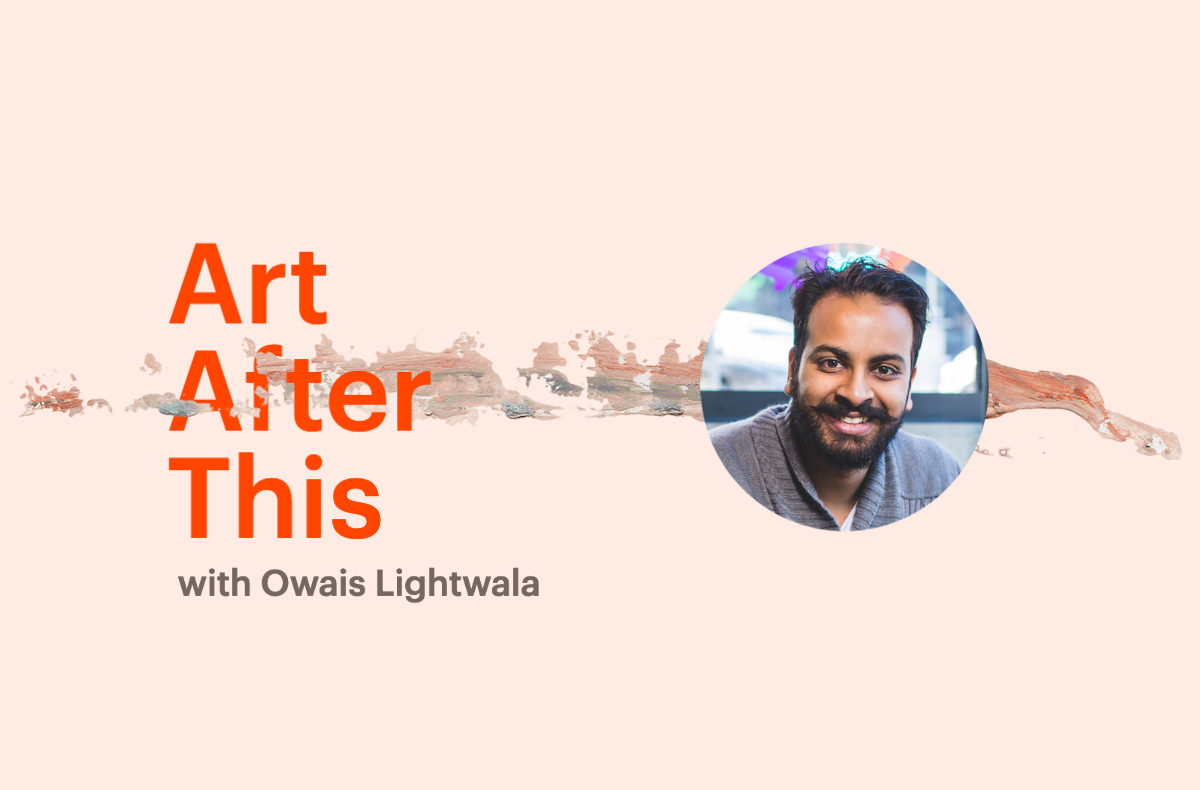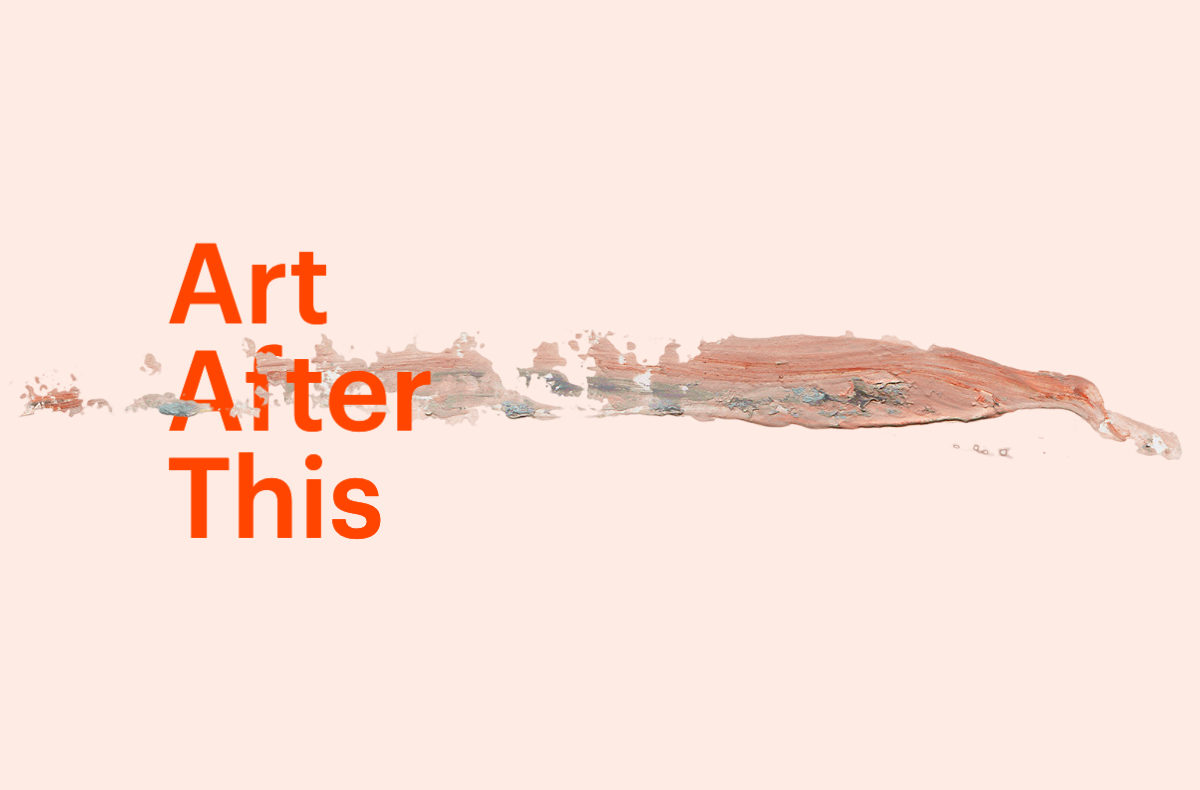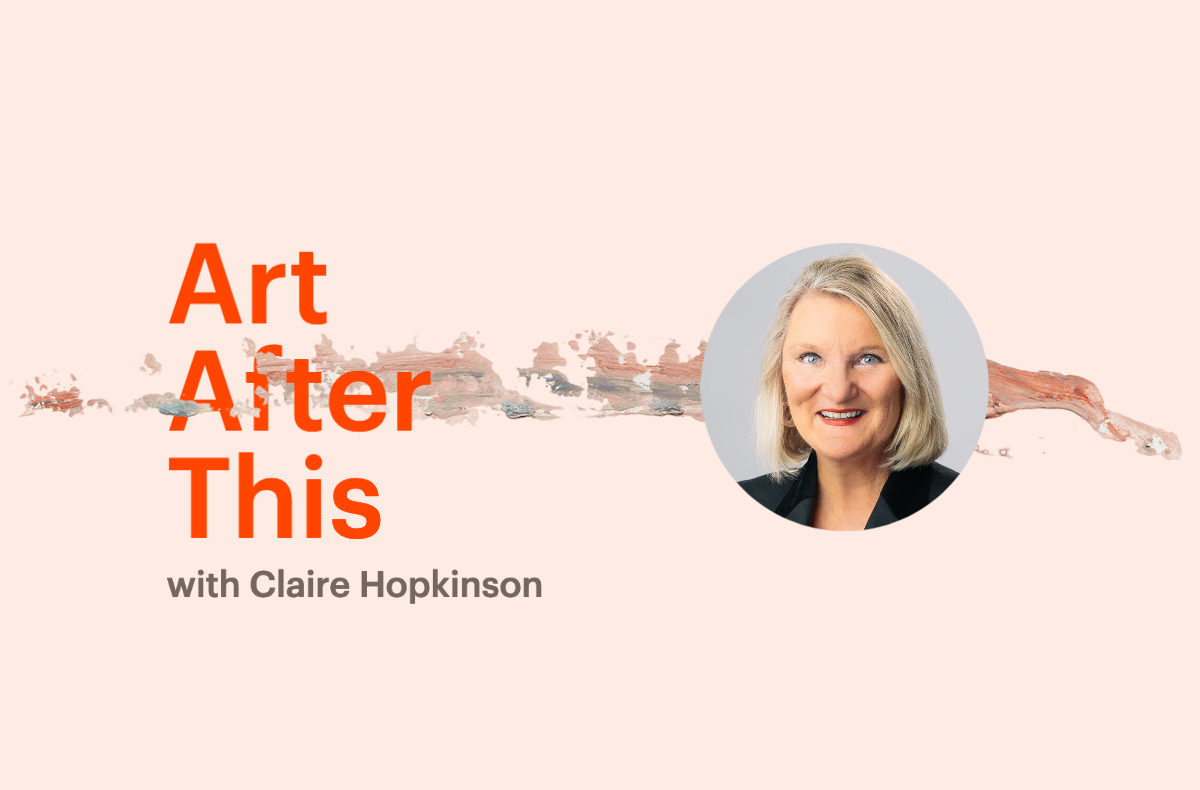By David Maggs, Metcalf Fellow on Arts and Society
Art After This is our new series here at the Metcalf Foundation dedicated to thinking about the post-pandemic future of Canada’s cultural nonprofits. In the introductory essay, I proposed a rough “forwards vs. backwards” dichotomy — not to delude ourselves into thinking this is a simple crossroads, but to consider what might be the baby and the bathwater in this moment of upheaval. With this in mind, I Zoomed with Owais Lightwala recently, one of the architects of Why Not Theatre, and current Associate Professor, Performance, The Creative School at Toronto Metropolitan University.
I began by sharing my surprise with Lightwala that no one said “yes” back in September of 2020, when I asked a bunch of arts leaders if they would press a magic button and prevent the pandemic from ever happening.
“That does not surprise me,” was his response. “I was in those conversations, I got seduced by ‘build back better.’ That this is crisis, and in crisis there is opportunity.”
But had we made good on that opportunity? Or did he perceive a growing nostalgia for 2019 as the pandemic wore on?
“Now?” he asks, his eyes wide enough that I worry I’ve asked a stupid question. “It’s the summer of ’69! We’re like, ‘Oh man, those were the days!’”
As I nod, relieved, Lightwala lifts his hands wide in the air and looks up at the ceiling of his brightly lit office, as if inviting me to look skywards as well. “It’s like we got hit by a bus, and while we were in the hospital, we were talking about how we were going to work out more, eat healthy, lift weights every day. And then we got out of hospital and realized we had to learn how to walk again — and now, now that’s all we’re talking about! Walking. We were already walking before! I want to talk about those new habits we were going to build — let’s go buy some sneakers! The conversation has become very short term.”
While I diligently write down the words “get sneakers” on my notepad, his thoughts drift into more somber terrain. “You know, I believe the pandemic is equivalent to the world wars in terms of its disruption,” he suggests, his voice quieter now. “And the thing I’m dismayed by is that there hasn’t been a similar call to collective nation-building coming out of it.”
This is a punchy image for cultural nonprofits in Canada, as none of us existed before our post-war nation-building of the 1950s. “We decided that this is what Canadian means,” he says, and I look up to see the cusp of a smile on his face. “We built a bunch of institutions to create this national identity and it served some people really well for a while. But now Canada is not the same country.”
So, this mismatch between Canada and Canada’s cultural nonprofits is really just about how well we can serve our purpose?
“Don’t get me wrong,” he goes on, “I don’t want to throw out all of Western civilization’s artistic product, but if that’s all we have, it makes our sector an activity for too small a percentage of the country. I want to add to that, I want more things to be available to more people.”
No one in the arts needs reminding what a slog these equity challenges can be. One side is so tired of having to constantly illustrate its argument, the other, of feeling that its decades of heartfelt work are so irrevocably tainted. But before I have a chance to get sensitive, I notice, for the first time, the twisted tips of Lightwala’s mustache, as if I have spotted a secret wink, and can now detect something essential about the spirit he brings to this work.
“If we were nation-building today?” he asks, unprompted. “We wouldn’t have one National Gallery, so we wouldn’t have this huge debate about how to decolonize it. We would just say, let’s have other galleries, other visions of Canada. Not just one and all this pressure to include everybody inside it. Why does the National Ballet have to include everybody? It’s fine for the people who love ballet. But let’s have equivalent well-resourced institutions that do Chinese opera, Indian classical dance. Stratford is great. Now give Obsidian Theatre $70 million and see what they can do.”
In this, I fail to hear anything to get defensive about. I wait for an iconoclastic turn in his argument, but it never comes. This isn’t about tearing anything down, so far as I can tell, but merely about some much-needed upgrades. I try not to smile as I wonder to myself, what other public amenity is still trying to serve the country using infrastructure from the 1950s?
And then I come to understand what lies at the heart of Lightwala’s concern and how profoundly shared it is. How opposite it is from any “us vs. them” that we tend to hear in our equity dilemmas. This is common ground of the most basic nature. What keeps Lightwala up at night is the same thing that troubles every Executive Director and Artistic Director and board across this country: our viability, our relevance, our need to matter to enough of Canada so that we aren’t easy pickings when push comes to shove.
“If we hold a referendum and ask every Canadian if they want this nonprofit industrial complex to continue, would they want all these institutions to exist? Or would they say no, it doesn’t apply to me,” remarked Lightwala. “I got asked to do a piece for Alberta Views magazine defending public-funding for the arts and I had a hard time. I almost wish they’d asked me to argue for defunding because that would have been easier. All I’d have to say is look at the stats of who it’s for. And then you go, yeah, this is pretty regressive for public funding.”
I am about to ask some brainy follow-up question about metrics and data in order to contextualize this claim, but the man beats me to the punch, “I would like to live in a world in which my mom had some kind of cultural activity that mattered to her, that she could engage with. Right now, she has none. She watches TV, and movies, and listens to music from other countries, and she does not engage with anything that falls under the umbrella of our nonprofit arts industrial complex. And that’s not her fault.”




